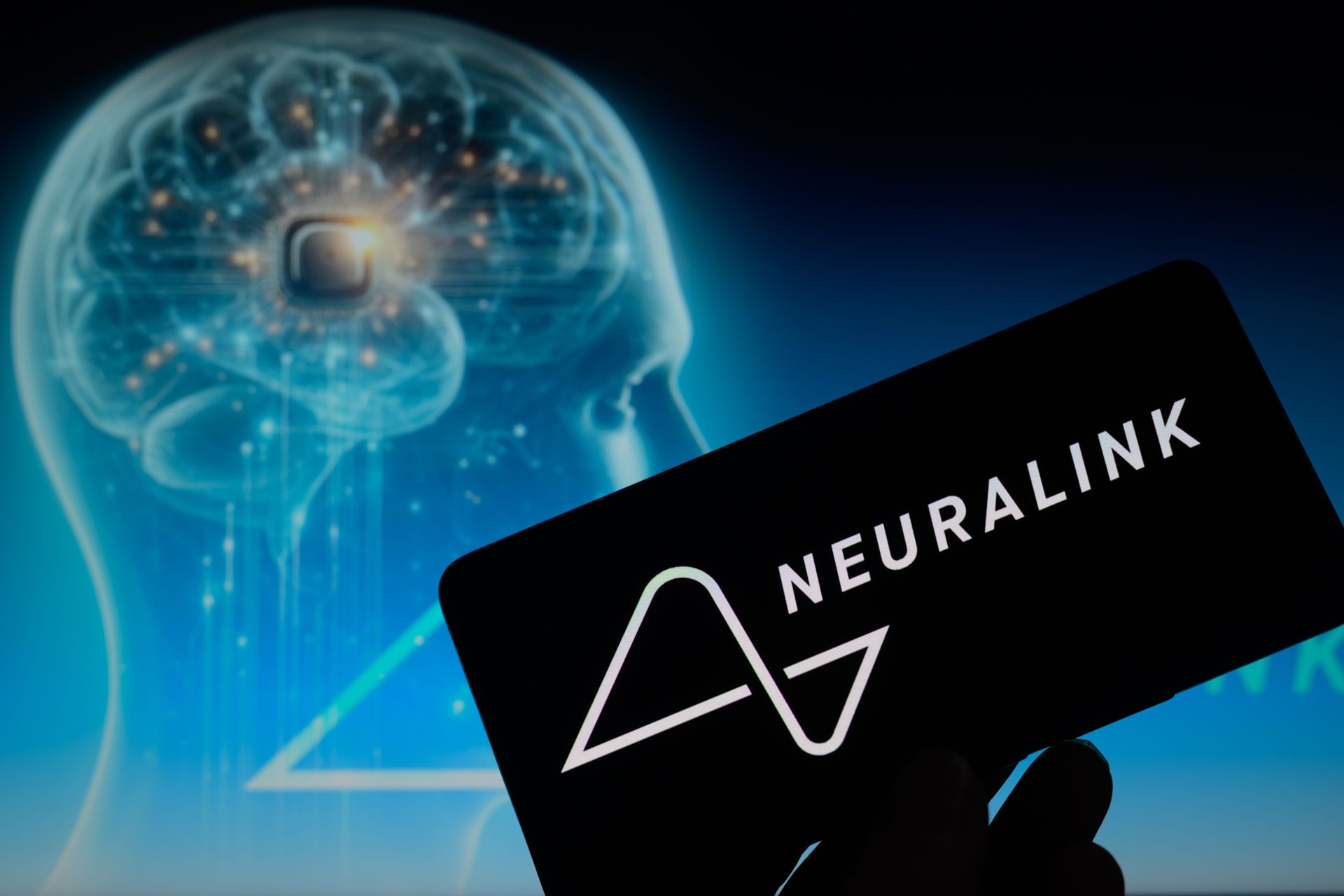Elon Musk's Neuralink predicts 20,000 brain-chip implants a year by 2031
Musk expects Neuralink's brain chips to generate an estimated $1 billion in annual revenue by 2031, but he has a long history of overpromising.

Jonathan Raa/Getty
Elon Musk has big ambitions for his brain chip company Neuralink. He’s told investors that he plans to implant 20,000 people a year with Neuralink chips by 2031.
Suggested Reading
If successful, those implants will generate an estimated $1 billion in annual revenue for the company, Bloomberg reported. So far, the startup has raised $1.3 billion from investors, valuing it at $9 billion, according to the publication.
Related Content
The company reportedly plans to operate five large clinics within six years, utilizing at least three versions of its device: Telepathy, which enables communication between the brain and machines; Blindsight, which provides help to those who are blind or visually impaired; and Deep, which aims to treat tremors and Parkinson’s disease.
According to documents viewed by Bloomberg, Neuralink expects to generate at least $100 million in annual revenue, perform 2,000 surgeries a year, and gain U.S. regulatory approval for its Telepathy device by 2029.
In May, Neuralink received a Breakthrough Device Designation from the FDA as an application to help restore communication for people with severe speech impairment, including those affected by ALS, spinal cord injury, stroke, cerebral palsy, and multiple sclerosis.
Much of Neuralink’s advances in neurological technology have yet to be seen or proven effective on more than a handful of people. The company started clinical trials in January 2024 and opened its global patient registry this April. It has publicly mentioned nine successful Neuralink implantations and no known patients have received the chips to treat blindness or Parkinson’s, according to Bloomberg.
It’s also not the first time that Musk has been quick to announce big goals and ambitious deadlines, only to backtrack later on. From hyping up Tesla’s affordable family car in 2006 to predicting 5,000 Optimus robots this year, he has a long history of broken promises.
